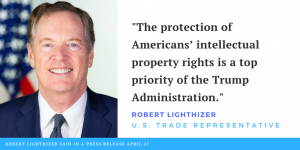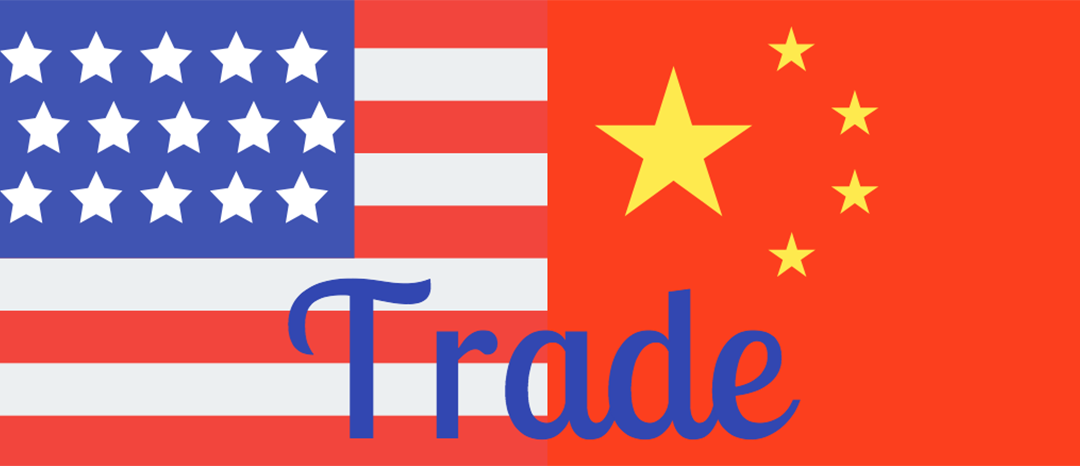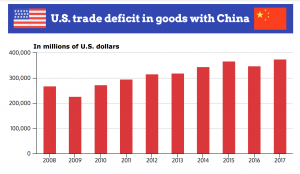WASHINGTON –A trade war “can be averted” between the U.S. and China, economic experts say, as difficult trade negotiations between both countries began Thursday in Beijing.
The countries will likely reach some agreements “as a start” to encourage further negotiations, which will “help lower the trade tensions between China and the U.S., as well as lower the anxiety among businesses and consumers,” Brian Peck, director of the Transnational Law and Business Center at the University of Southern California, said in an email interview.
The Chinese government forbids some foreign investors from operating unless they partner with a Chinese company and forces American companies to transfer proprietary technology to the Chinese government in exchange for market access, the Office of the United States Trade Representative said in March.
Peck said that agreements on those tech transfers and intellectual property “would be a start” to paving the way toward a broader bilateral trade agreement.
Chinese president Xi Jinping said April 10 at an Asia business forum that China is finally stepping up enforcement to protect intellectual property rights owned by foreign enterprises, according to China’s official news media, Xinhua.

The USTR released Friday a report calling on several U.S. trading partners to address IP-related challenges, and placing China at the top of its watch list. The USTR acknowledged the Chinese government’s recent IP-related enforcement actions, but said that “it remains too early to determine whether the reforms will accomplish those goals and improve market access for U.S. persons that rely on IP.”
“The protection of Americans’ intellectual property rights is a top priority of the Trump Administration,” U.S. Trade Representative Robert Lighthizer said in the press release accompanying the report. Lighthizer is among the seven members of the U.S. delegation in China for the trade negotiations.
“It’s always been true that poorer countries have weaker intellectual property rules, patents, trademarks, copyrights,” Alan Deardorff, professor of economics and public policy at the University of Michigan said in a phone interview. Deardorff said the Chinese government will have more interest in enforcing intellectual property rights as they develop more technologies themselves.
Deardorff also predicted China “will be willing to offer some concessions” amid Trump’s commitment to raise tariffs and narrow the trade gap between the two countries. Otherwise, Trump could “threaten even worse” tariffs, explained Deardorff.
The gap between Chinese goods exported to the United States and American goods exported to China totaled $375.2 billion, according to the U.S. Census Bureau.
China greatly benefits from the trade difference while hurting U.S. national interests, Commerce Department Secretary Wilbur Ross said Friday at an event held by the Society of Advancing Business Editing and Writing in Washington.
“If trade surpluses are good, how can trade deficits be good too, or be acceptable too?” Ross asked before he left for China.

China’s official Xinhua news agency reported that China is working on a “substantial” tariff reduction for imported cars from the current 25 percent, a key demand of the Trump administration.
Data from the Census Bureau showed that the U.S. exported $10.5 billion in vehicles to China in 2017, nearly 10 times the value of cars imported from China.
If China agrees to lower existing tariffs on U.S. autos, the U.S. trade deficit in goods with China will decrease, according Deardorff.


